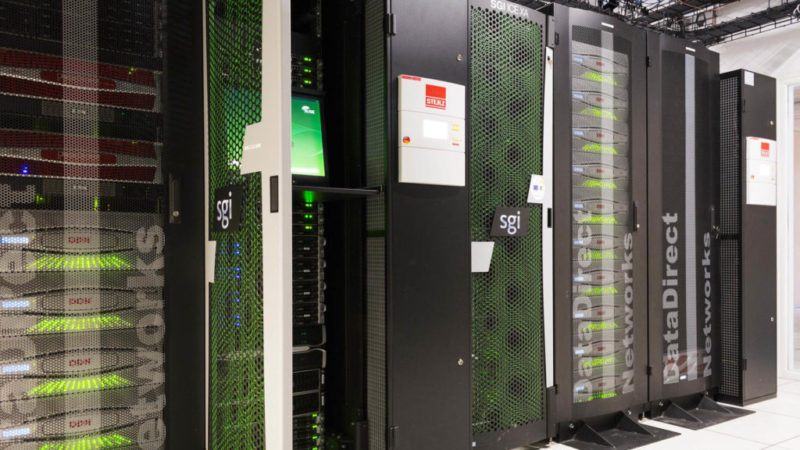5. Long-term observing systems for ocean knowledge

Contacts: Jean-Philippe Babau, Christophe Delacourt, Lucie Cocquempot
Scientific context
Ocean-observation technologies are constantly evolving, as are the way we process and exploit the data. To ensure rapid scientific benefits, respecting environment, it is vital to realize the full potential of these capabilities as well as to refine and anticipate new sensor and processing developments with advanced experimental strategies.
The theme would like to keep investigating the question of the Tomorrow’s long-term observation of the ocean by addressing the question of Sustainability from sensors up to service, considering the following questions :
- Products and Services associated with observations: how to integrate the needs of end-users when developing new observation processes and tools? How to increase the value of observation data and promote their use by the greatest number of people?
- Blue economy: what economic model for long-term series of measurements in open data? What associated governance scheme?
- Data Uncertainty: How to assess an “in situ” uncertainty depending on both the instrument and the environment, but essential for data assimilation? In an heterogeneous observation system, how to deal with different measuring errors ? How to build a “realistic” digital twin of the ocean based on multi sources observations?
- Security and performances: How to share efficiently and safely the observations between different users?
- Environmental aspects: how to observe the ocean in a limited-resource world?
Specific objectives
Long-term oceanographic observation in a world of limited resources faces several challenges which are relevant for creating a more sustainable and participative world:
- Intensive use of AI: How data science and machine learning can play a role in the analysis and exploitation of observation data.
- Intensive use of drones for ocean observation: How to define new scientific experimental processes, involved in ocean observation, based on adaptive multi-sensors, drones or swarms of drones ?
- Citizen sciences: how to involve citizens in a perennial way in the measurement of the environment? What new sensors should be developed, deployed and maintained? How to collect, verify and analyze data in such a distributed context?
- A marine data laboratory: ISblue should encourage the community to share environmental data tools, by participating in standards and joining design communities.
- Low-tech solutions: How to foster the use of low-carbon, low-cost and reusable tools. In this area, the Ti-low coast (low http://ti-low-coast.fr/) project organized a first meeting on May 23, 2022 to share recent experiences. This Isblue group promotes the use of cost-effective, open source, accessible and sustainable technologies for ocean observation.
(C) Sébastien Hervé | UBO
 Attention, vous utilisez un navigateur peu sûr !
Attention, vous utilisez un navigateur peu sûr !